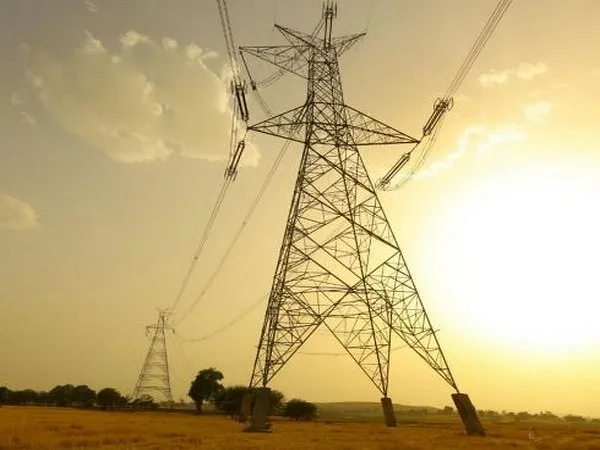Amid the rising inflation in the county, the Pakistani government has once again raised the electricity price in the country by PKR 7.91 per unit under “uniform national tariff”.
On Friday, Pakistan Power Regulatory Authority approved the federal government’s request to charge end-consumers of all power distribution companies, the Dawn newspaper reported.
The National Electric Power Regulatory Authority (Nepra) raise the tariff after Pakistan Prime Minister Shehbaz Sharif granted advance clearance for a PKR 7.91/unit increase in the base power cost.
The Pakistan regulatory authority conducted the public hearing on the government request on July 20 and within 48 hours approved it without any change, the report added.
Early this month, the Shehbaz Sharif government raised the base power cost in an effort to revive the IMF’s delayed Extended Fund Facility (EFF).
“The authority [Nepra] has approved the request of the federal government,” an announcement said.
“As per the request, the consumer-end tariff will be increased in three phases i.e. July, Aug-Sept and October onward,” said a Nepra announcement. No increase has been proposed for lifeline (up to 100 units) and protected category of consumers (101-200 units per month), it added.
This price hike comes a day after the Pakistani rupee surpassed all prior records against the US dollar after hitting a fresh record low of PKR 228 against the dollar in the interbank market.
The Pakistani rupee witnessed a PKR 1.56 or 0.68 per cent decline at the opening of the inter-bank market, Geo News reported.
The data released by the State Bank of Pakistan (SBP) showed that the rupee fell to as low as 229 during the intraday trade, but it closed at PKR 228.27.
Analysts have said that the political uncertainty in the country due to the by-elections in Punjab and the delay in the International Monetary Fund’s (IMF) programme has contributed to the slump of the Pakistani rupee.
“The depreciation this week, amongst other factors, has been triggered by the political surprise that the electorate delivered in Punjab on the weekend, and this frenzy should fizzle out soon,” Development economist Maha Rahman said.
“I usually also stress upon long-term planning but at this hour adept fire fighting is extremely critical,” Rahman added. Economist and former adviser to the federal ministry of finance Dr Khaqan Hassan Najeeb said that trade deficit and market influencing news have a lot of impact on currency changes.
The former adviser to the finance ministry said that the political uncertainty and a Fitch ratings downgrade has influenced the free fall of the rupee, local media reported.
“With the pronounced rupee slide, financial institutions tried to cover import payments. It created a higher demand in the interbank,” the former adviser said adding that exporters hold their proceeds during depreciation to yield a better rate in the future.

